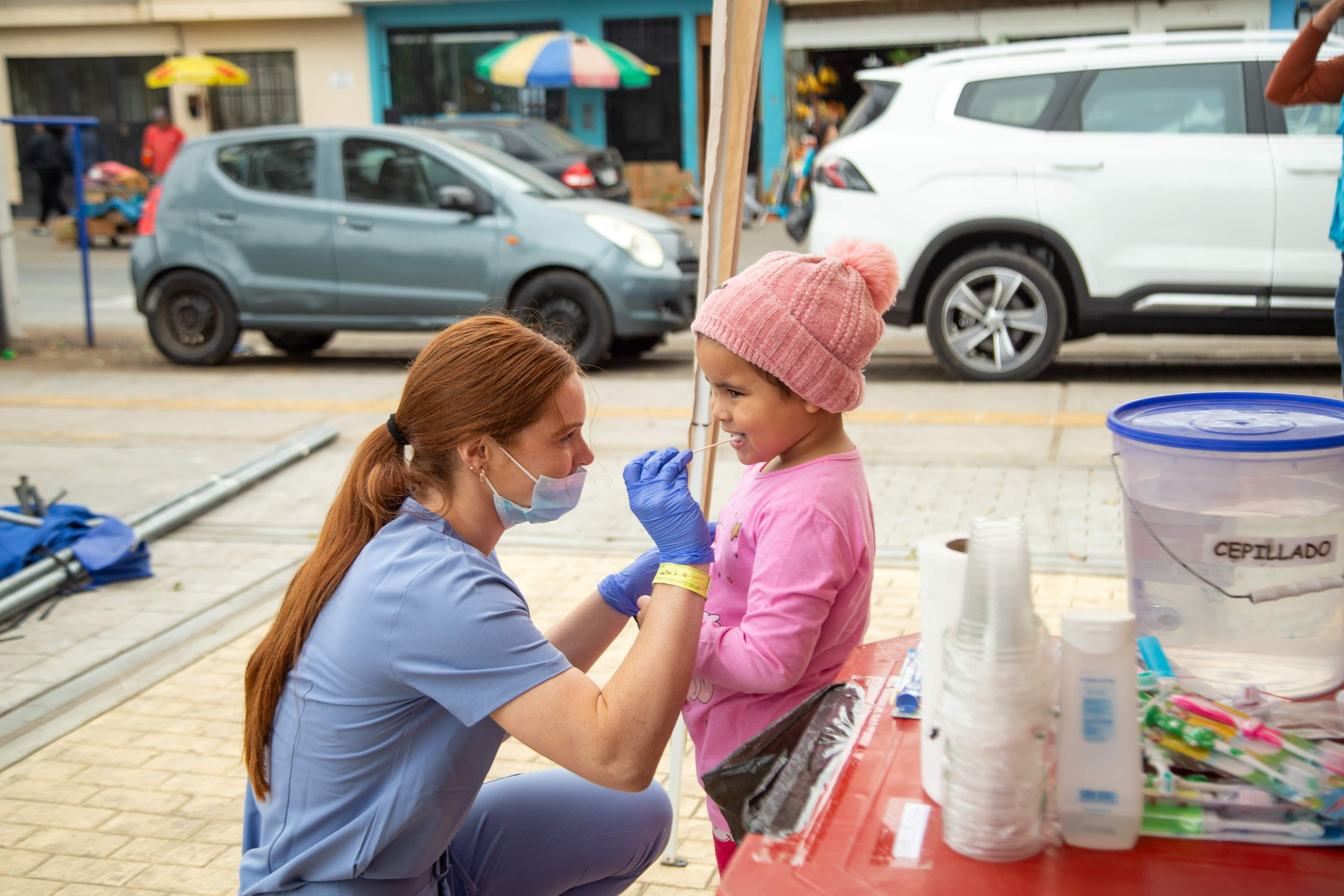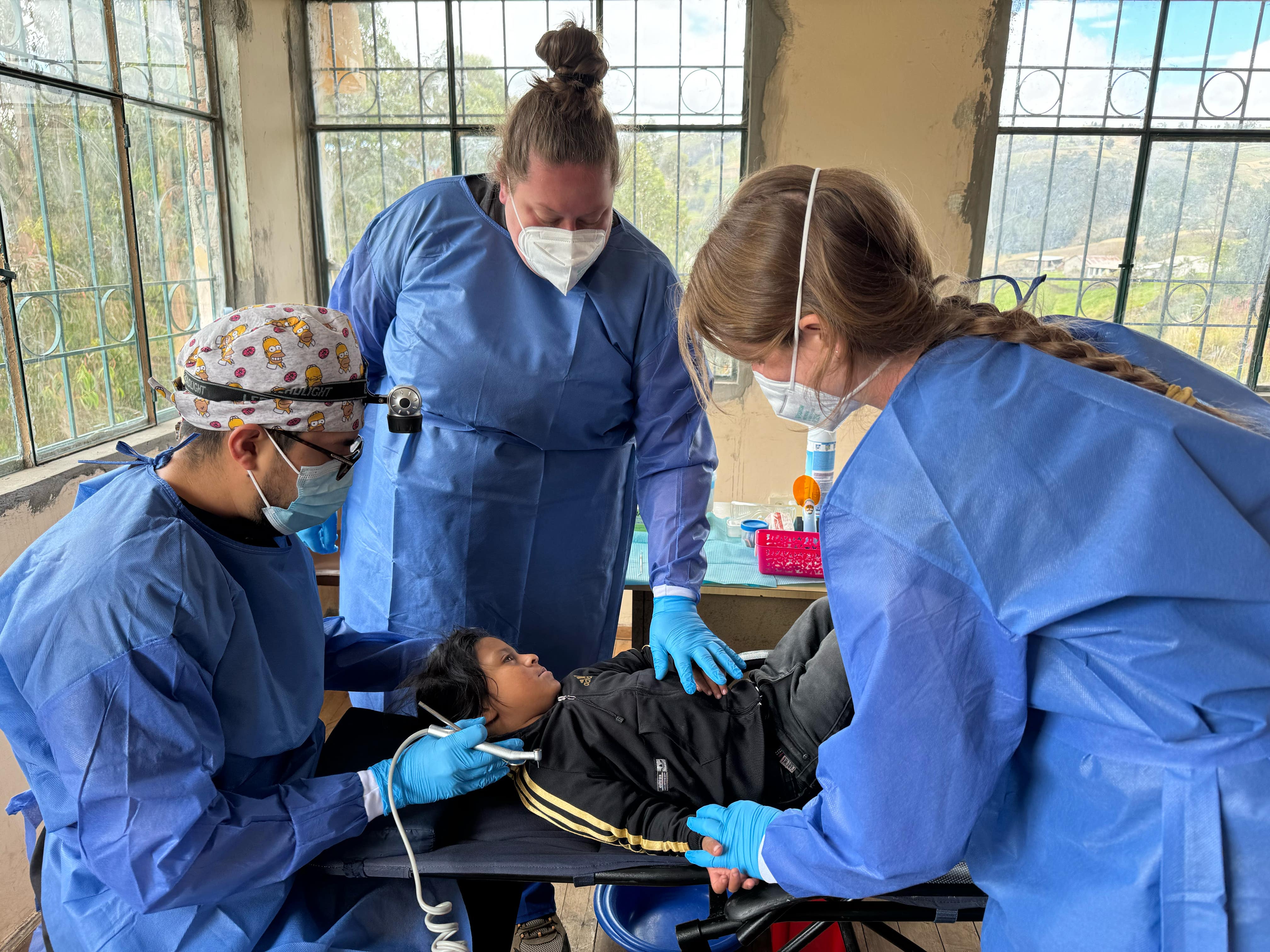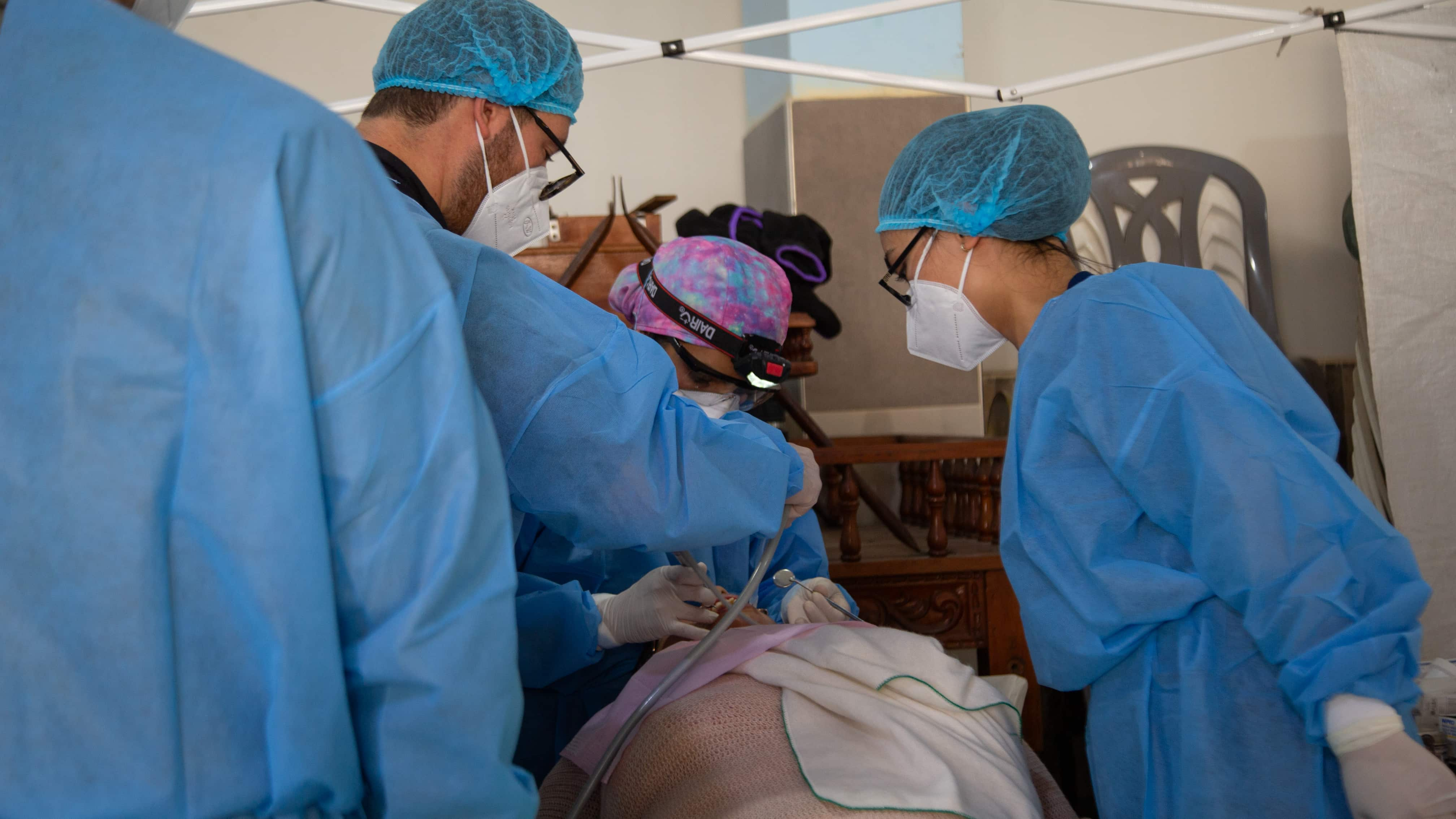.jpg)
5 Reasons Why Service Learning Trips Are a Better Option Than Dental Internships for High School Students
If you're a high school student interested in dentistry, you're likely looking into dental internships for high school students to get a taste of the profession before embarking on applying for dental school. While these internships are valuable, Service Learning Trips through Smiles Movement offer a unique and comprehensive experience that might be even more beneficial for your growth. Here are five reasons why SLTs could be a better fit than traditional dental internships.

1. Open to All Students, Regardless of Experience
Dental internships for high school students often require prior experience or specific qualifications. If you're new to dentistry or unsure if it's the right path, these internships may not be the best option. SLTs, however, are open to all students, even those with no previous dental experience. Whether you're exploring the field for the first time or considering a future in healthcare, SLTs allow you to dive in and start learning hands-on without any prerequisites.
2. Gain Real-World Experience in Underserved Communities
Traditional dental internships typically involve shadowing dentists in clinics or hospitals, observing procedures, and assisting with tasks in a controlled environment. While this is valuable, SLTs offer a different experience by immersing you in underserved communities. You’ll work alongside healthcare professionals to provide dental care to people who might not otherwise have access. This gives you a deeper understanding of dentistry in a global health context.
.jpg)
3. Build Confidence and Practical Skills
While dental internships for high school students give you a glimpse of the profession, Service Learning Trips allow for you to actively participate in the process. You’ll get the chance to assist with dental procedures, engage with patients, and learn basic dental skills in a supportive environment. This hands-on experience builds your confidence and prepares you for future roles in dentistry, setting you up for success in future internships or college programs.
4. A Unique Cultural and Educational Experience
Unlike traditional internships, SLTs offer the opportunity to explore different cultures and understand the role of healthcare in various parts of the world. By participating in an SLT, you not only gain dental experience but also immerse yourself in the social and cultural aspects of healthcare. This global perspective is a valuable asset as you pursue a career in dentistry or any healthcare field. It expands your understanding of global health challenges and prepares you for work in diverse communities.

5. A Stepping Stone to Future Career Opportunities
One of the major benefits of SLTs is that they provide you with practical, hands-on experience that can enhance your future career prospects. By working directly in communities, assisting with dental care, health education outreach, and learning from professionals, you’ll be building a foundation that can lead to future internships, college acceptance, or even a career in dentistry. This experience shows your commitment to the profession and gives you the tools to excel in future opportunities.

Why SLTs Are the Best Option for Aspiring Dentists
While dental internships for high school students provide valuable exposure to the field, Service Learning Trips offer a more all-encompassing experience. They are open to students of all experience levels, allow for hands-on learning in underserved communities, and provide a cultural immersion that sets you up for future career opportunities. If you're looking to make the most out of your dental exploration, participating in an SLT through the Smiles Movement could be the perfect stepping stone to your future in dentistry.
To learn more about how you can join a Smiles Movement Service Learning Trip, download our free brochure to get started!
Even more, you can directly assist communities in need by becoming a monthly donor. For less than one coffee a month, you can make an impact in low-income communities.




